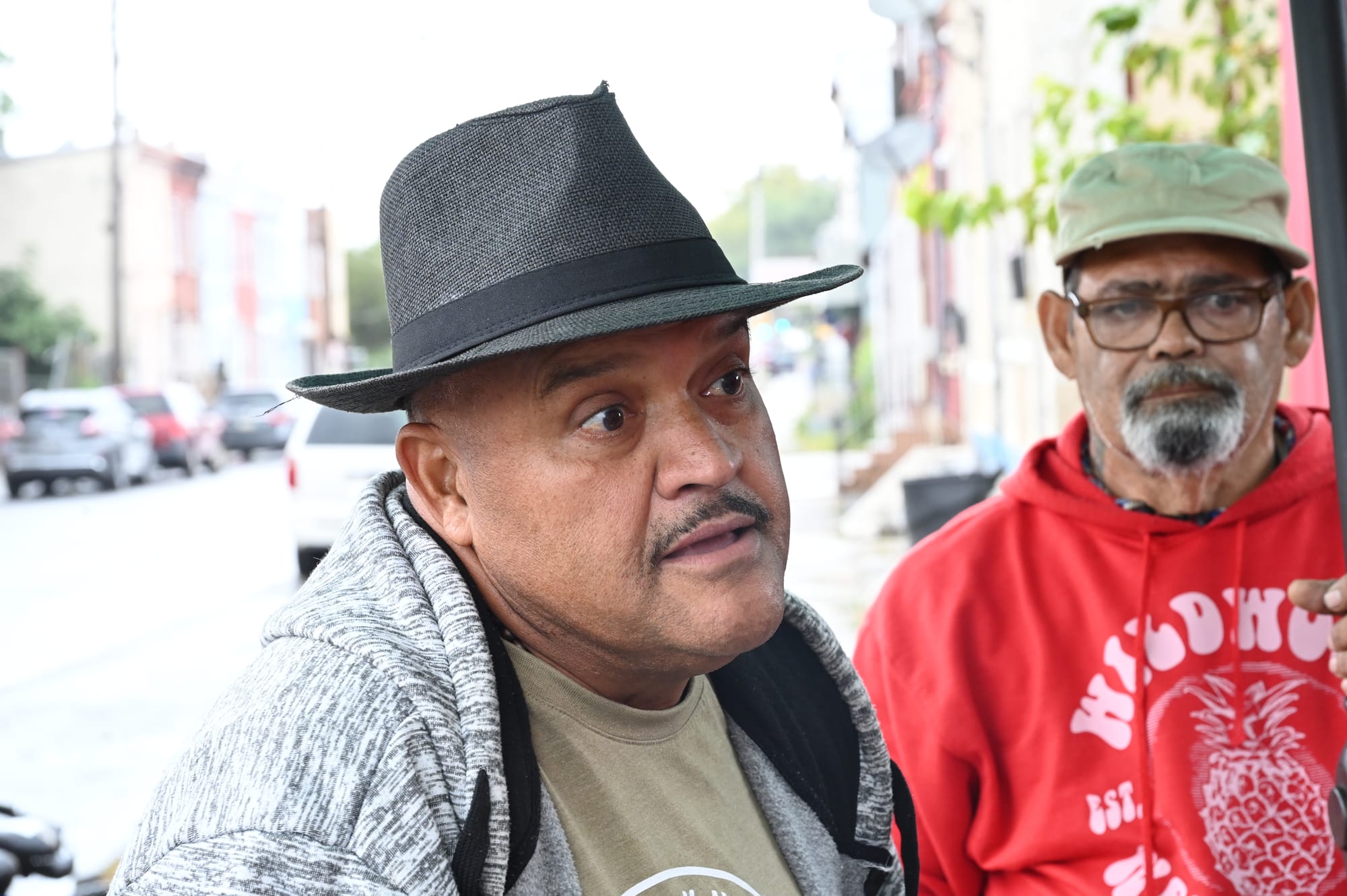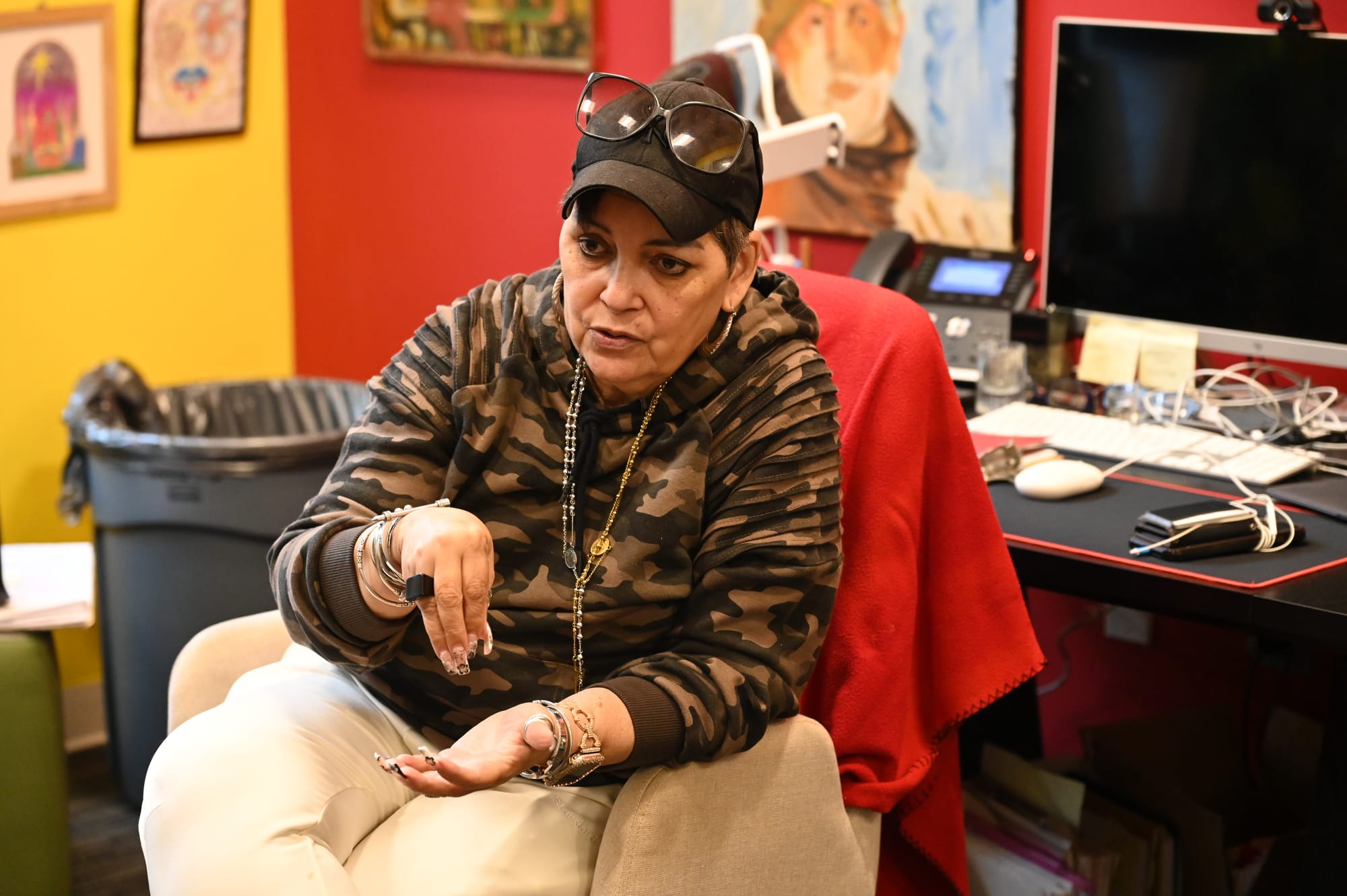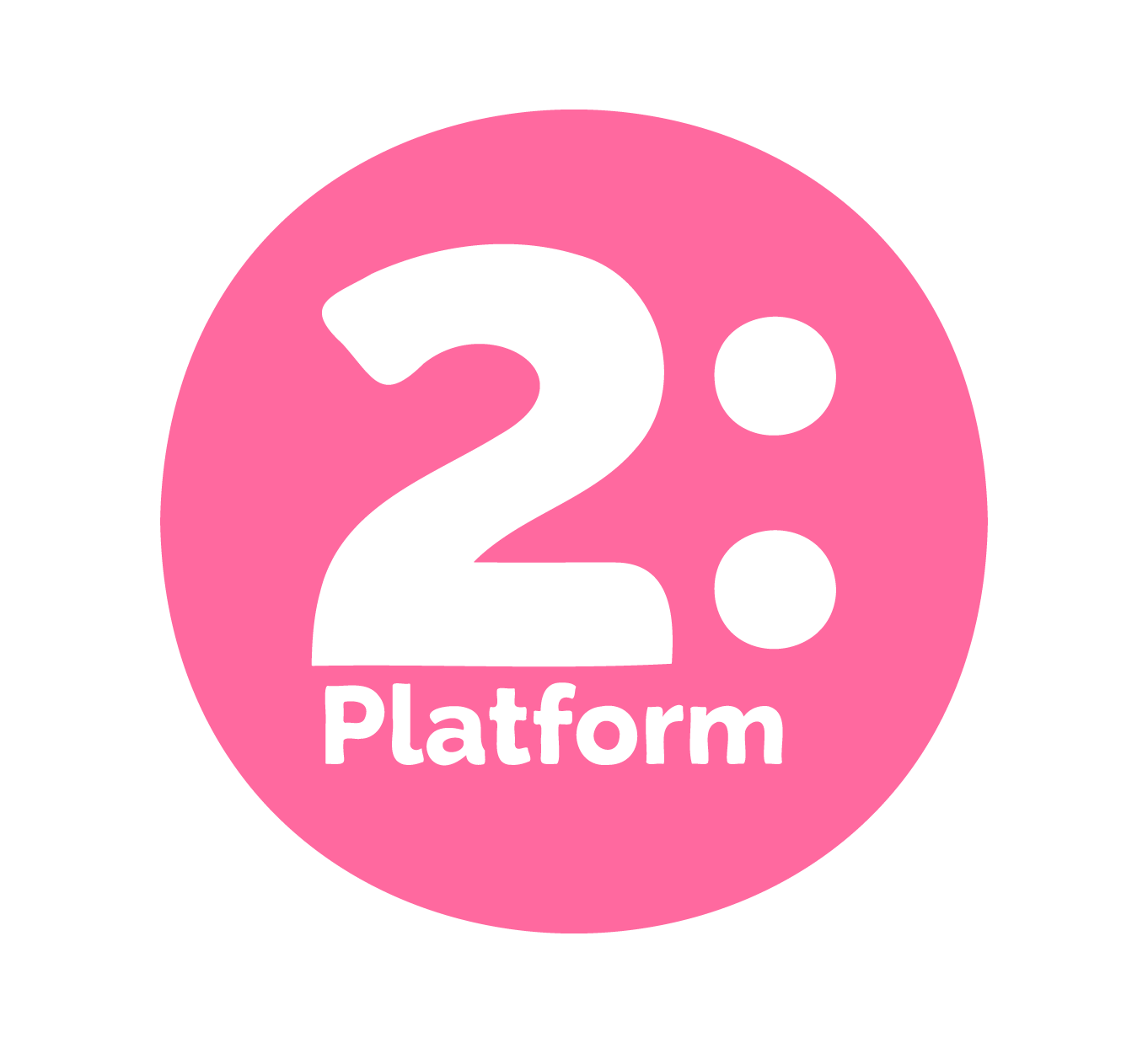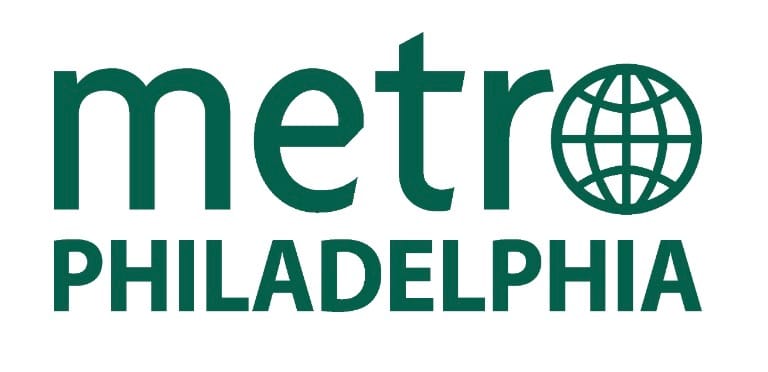Philadelphia school district wants to close Conwell Middle School, expand Elkin Elementary
This story was originally published by Chalkbeat. Sign up for their newsletters at ckbe.at/newsletters The Philadelphia school district
From South to North Philadelphia, resilient residents shared the hopes and fears of the Latine community. Their concerns range from gun violence and economic disparities to aspirations for education and the pursuit of a better future.

This story was originally published in 2Puntos in collaboration with Metro Philadelphia. It is part of a four-part series about Latine Philadelphians.
Sonia Ortuño begins her day very early in the morning, traveling from New Jersey to South Philadelphia to earn a living as a baker and support her five children. Although it hasn't been easy, she believes it has been worth it.
Over the six years that Ortuño has worked in Philadelphia, she has noticed an increase in the Latine population and greater growth opportunities, particularly for second- and third-generation Latine, like her children.
“There's a difference in the way they think,” Ortuño shared. “They are more focused on their studies and aspire to achieve more than we have."
For Ortuño, who was born in the city of Puebla, Mexico, the future looks bright, and her children are testament to that hope. She believes that the wheel is turning and that the second and third generations will be the ones to pave the way, even for their immigrant parents.
“In 10 years, I see Philadelphia becoming more Hispanic and Latino,” Ortuño said.
Marcos Tlacoplico and Alma Romero, owners of Marco's Fish and Crab House in South Philadelphia, share a similar story to Ortuño. The couple has watched their second-generation children work towards living their own version of the American Dream.
“As immigrants, we came here with dreams and did the jobs we could find,” Tlacoplico said. “When they saw the situation and the work, they said, ‘I don't want to do this. I want to have a better and different life.”
Instead of following in the family business, they pursued professional careers. While their paths differ from their parents', they are just as valid.
“That was exactly my point as an immigrant parent,” Tlacoplico admitted. “I wanted them to be more than us because we left our country, but they went out into the world.”
Violence clouds the future for new generations in North Philly
While some Latine individuals feel recent changes around Latine visibility and both economic and cultural opportunities have improved their lives, many others find their daily experiences overshadowed by a persistent wave of violence and discrimination, creating a seemingly endless nightmare. This is the reality for residents of North Philadelphia, particularly in Centro de Oro, the heart of Philadelphia's Latine community.
“It's harder now than it used to be,” Stefanie Torres said as she shopped for Puerto Rican instruments and records at Centro Musical. “The area has changed a lot. There's a lot of violence now.”

Ceferino Colón, who has lived in the Fairhill neighborhood for over 40 years, has witnessed the escalating violence firsthand. He spoke with deep nostalgia about losing one of his sons to gun violence and another to drug addiction, issues that have plagued the Philadelphia community for decades.
“I used to ride the train with my radio, and I would come back with my radio playing my music” Colón said. “Now you can't do that. If I get on the train right now, I could be mugged or killed.”
A study conducted by the Center for Gun Violence Solutions at Johns Hopkins University reveals that Latines are six times more likely to die from gun homicides than whites. Additionally, research from Pew Charitable Trust shows that 58% of Hispanics in Philadelphia reported that gun violence has a “major negative impact” on their neighborhood's quality of life.
For Colón, the future “doesn't look very bright.” However, he remains hopeful that the younger generations will bring about the change that the community desperately needs.
The key is unity
Marilyn Rodríguez, director of education at Taller Puertorriqueño, emphasized several factors that significantly impact the future of the Latine community and reflect its concerns. These factors include rising housing costs due to gentrification, unemployment, gun violence, funding cuts to organizations that support the community, and the current political climate. Together, these issues create a domino effect that hinders access to education for second- and third-generation youth and instills fear regarding immigration policies.

However, what worries Rodríguez the most, as a community leader and a representative of service-based organization, is the lack of unity among organizations working to create a better future for Latine. Her primary goal is to foster this essential unity and generate new ideas that strengthen the community's bonds and roots.
"We need to unite more,” Rodríguez said. “I would truly love to see more of that happening,"
More cultural awareness
When Owen Sanmartin arrived in South Philadelphia from Colombia at the age of 12, his experience as a Latine was very different from what he sees today.
For Sanmartin, it was a culture shock because “they didn't see us as strong and capable people.” However, he now recognizes that Latine culture “is more accepted” and that the new generations have greater opportunities and a more optimistic outlook for the future.
He describes his daughter, Ivy Sanmartin, who is 12 years old and second-generation, as more globalized, partly due to her mixed Colombian and Vietnamese heritage. In fact, she views her identity as a blend of cultures but expresses a genuine interest in her Latine roots and in deepening her study of the Spanish language.
“I see a good future,” Ivy remarked about the Latine community in her neighborhood.



Free accountability journalism, community news, & local resources delivered weekly to your inbox.